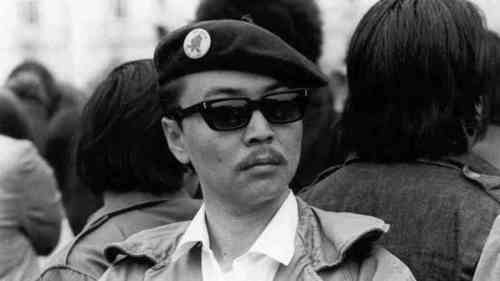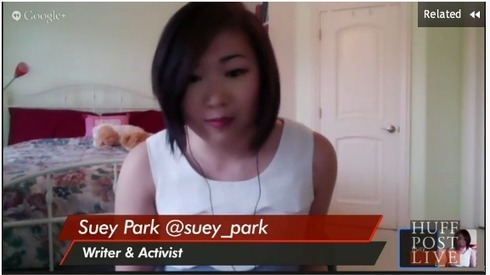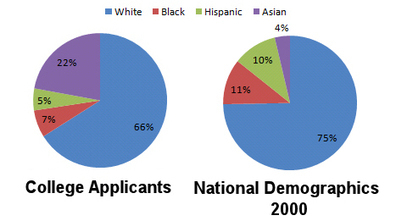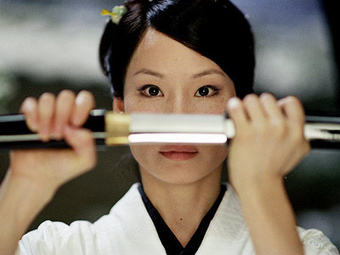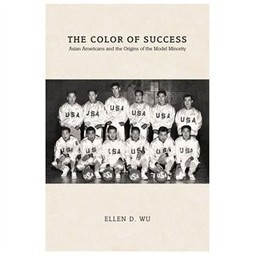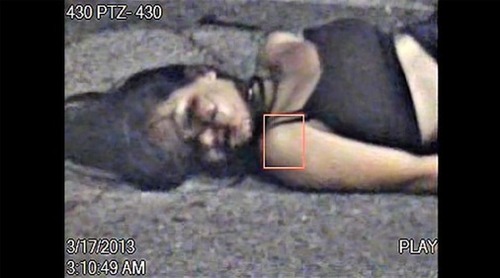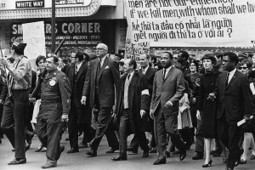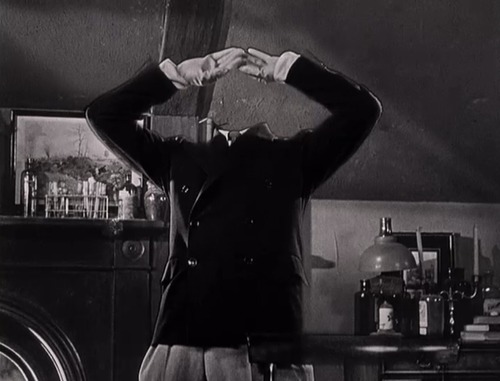
“From January 1 through June 30 of 2013 (26 weeks) ChangeLab, an Asian American-led racial justice laboratory and the publisher of this blog, conducted a study of what are known as the Sunday political shows in order to learn what they’re saying about Asian Americans. The study focused on what are known as the Big Five Sunday shows: Face the Nation (CBS), Fox News Sunday (Fox), Meet the Press (NBC), State of the Union (CNN), and This Week With George Stephanopoulos (ABC).
In addition, we also studied two MSNBC political talk programs, Melissa Harris Perry and Up with Chris Hayes/Steve Kornacki. Both follow the general format of the Big Five, but run two-hours each on Saturday and Sunday mornings, and serve a somewhat different market, both in terms of size and demographics. For these reasons, we’ll report on them separately.
Those MSNBC shows do a lot more talking about Asians and race in general than the Big Five. But what they have to say is often neither very flattering nor credible”
See on www.racefiles.com


